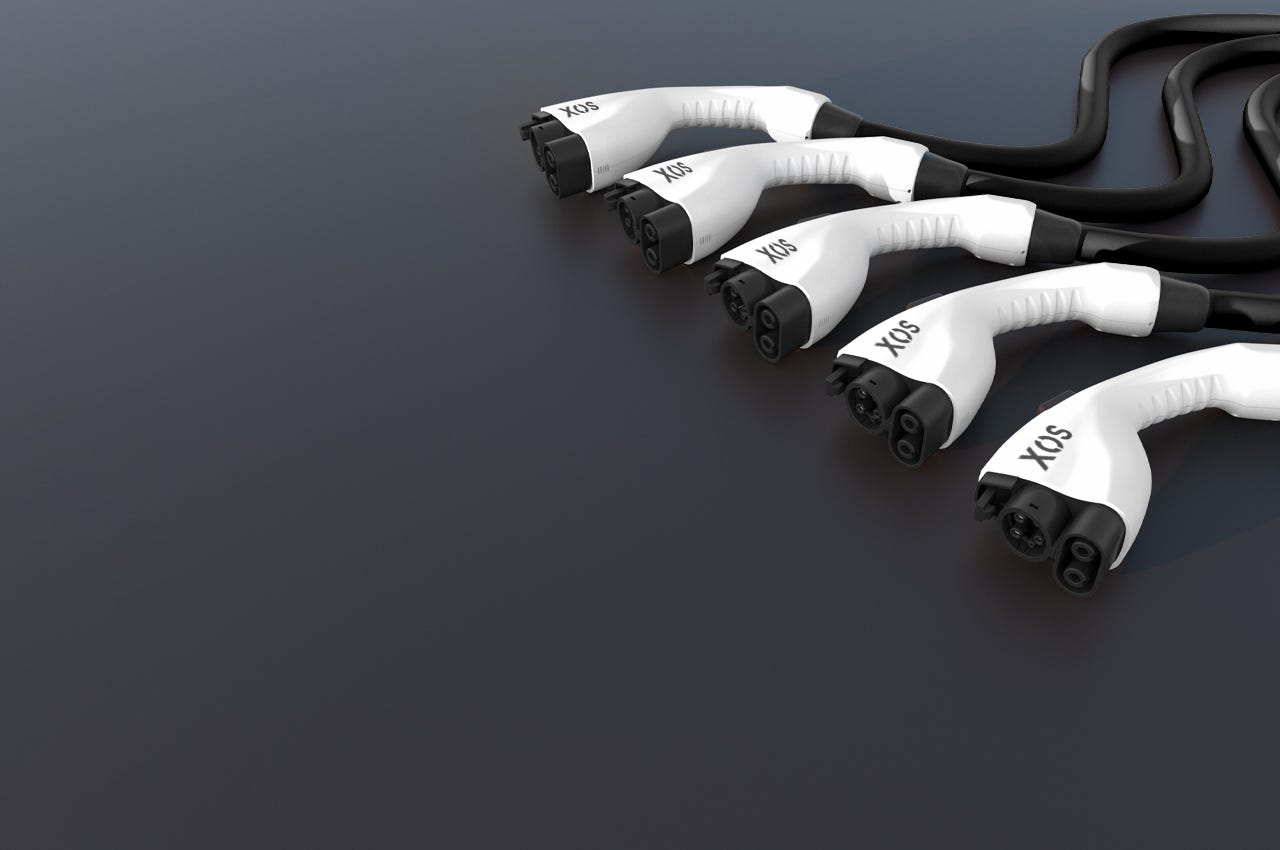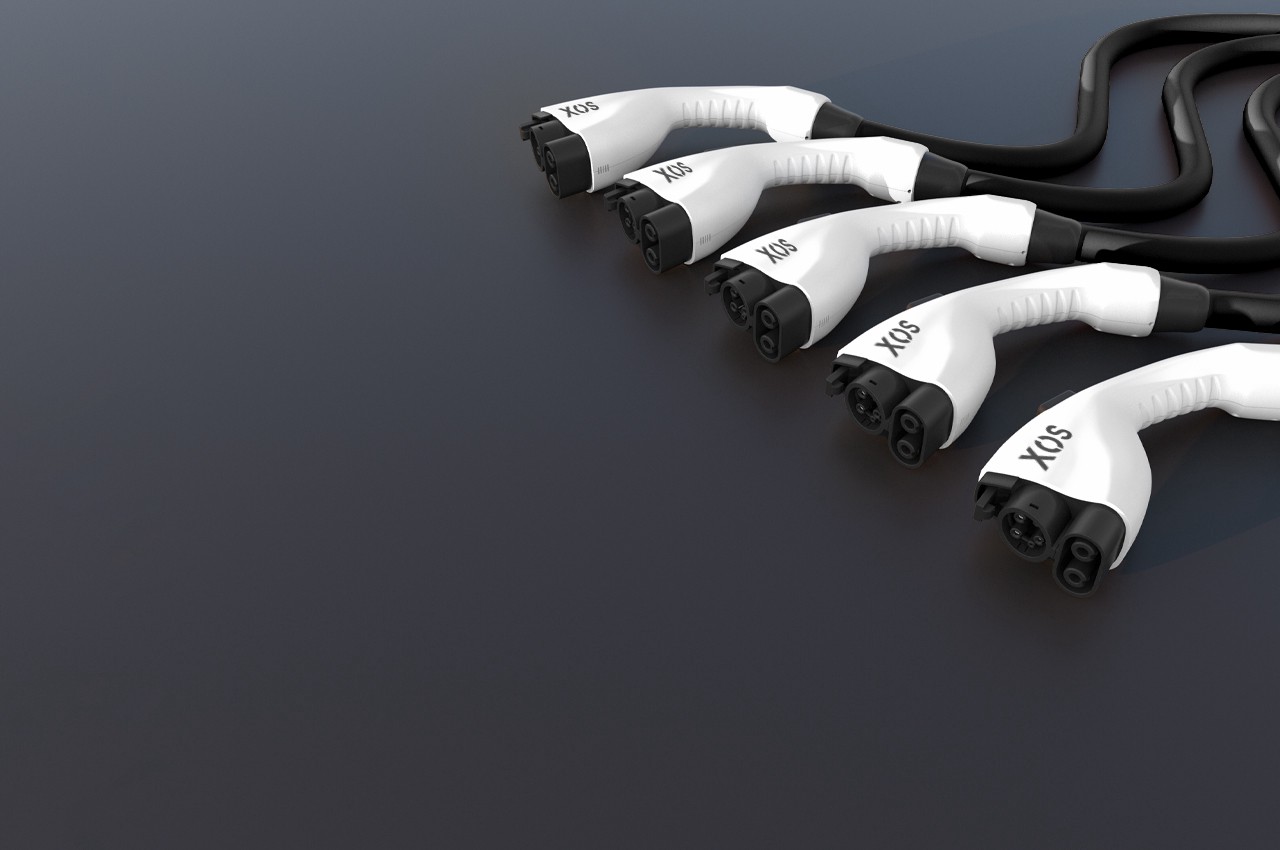
The US Senate just passed the biggest climate bill in history [4] which includes $369 billion for low-carbon energy and climate related measures. The bill makes commercial vehicles propelled by an electric motor, like those produced by Xos, eligible for an up to $40,000 tax credit.
Our mission at Xos is to decarbonize transportation, to create a cleaner future for our planet by building and supporting the adoption of electric vehicles. It’s not a mission we can achieve alone. To address the 738 million tons of CO2 produced by commercial vehicles annually [1] we need a movement, one that is supported by the people, by governments, and enabled by companies like Xos and all the other players working towards a greener future.
The passing of the Climate bill on August 7th [2] (as part of the Inflation Reduction Act) in the Senate is a big win for the planet, and provides key measures to help companies like Xos achieve their mission. The bill, which is expected to pass in the House, has been deemed by commentators as the “largest and most significant bill to address climate change in US history [with] $369 billion to support low-carbon energy and measures to help Americans adapt to worsening climate conditions.” [3]
The bill provides significant opportunities for Xos vehicle customers, with massive funding dedicated to supporting EVs and cleaner commercial transportation. Some of those impacts include:
Xos customers may be eligible for significant new tax credits, including up to $40,000 for vehicles weighing over 14,000 lbs (all vehicles Xos currently produces are over 14,000lbs). Tax credits of $7,500 are available for vehicles weighing less than 14,000 lbs.
At a maximum of $40,000 (for vehicles weighing 14,000 pounds or more), the commercial vehicle credit would be a significant and impactful investment into a healthier future. It appears that the credit would bring the cost of a $150,000 commercial vehicle weighing greater than 14,000 lbs. down to $110,000. This incentive could have a massive impact on the Administration’s decarbonization goals as medium and heavy-duty vehicles produce about 26% of U.S. transportation sector emissions. [1]
